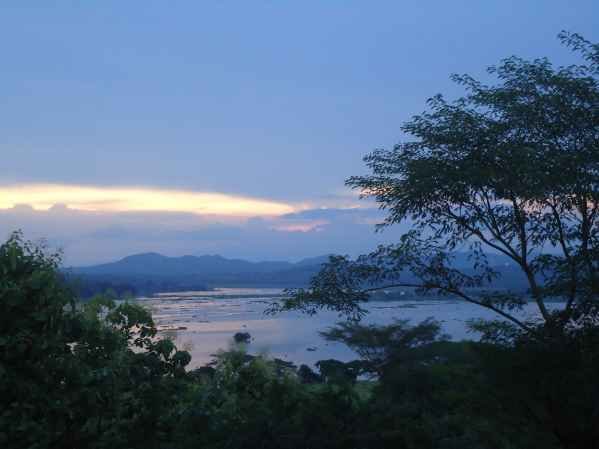1- CERRO VERDE
The Cerro Verde Volcano is located in the Cerro Verde Park in the Santa Ana department of the Apaneca mountain range and belongs to the so-called Volcano Complex along with the Izalco Volcano and the Santa Ana Volcano (Ilamatepec). With a height of 2030 mts. On the sea level, an extinct crater that last erupted more than 25 thousand years ago and is now covered by a thick cloud forest, many paranormal scientists arrive at the hill to be able to take UFOs that is present in the zone.
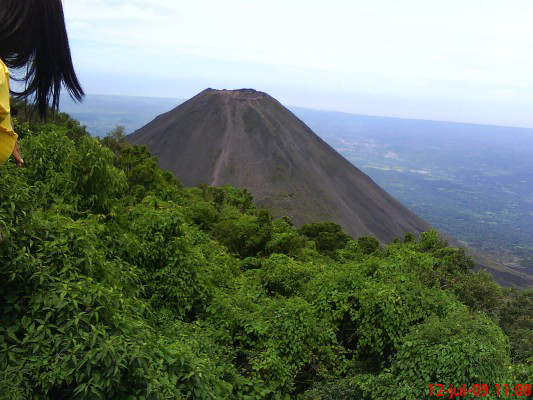
2- TAZUMAL
It is located in the heart of Chalchuapa, department of Santa Ana, 80 kilometers west of the capital.
Chalchuapa was a site where the influence of Copán arrived, as well as the Teotihuacan and Toltec influence. It comprises a series of structures that were the scene of an important and sophisticated Mayan settlement that existed around the years 100 and 1200 d.C. After a long occupation, whose greater development corresponds to the Classic horizon (250 to 900 d.C.), Tazumal was abandoned definitively around 1200 d.C.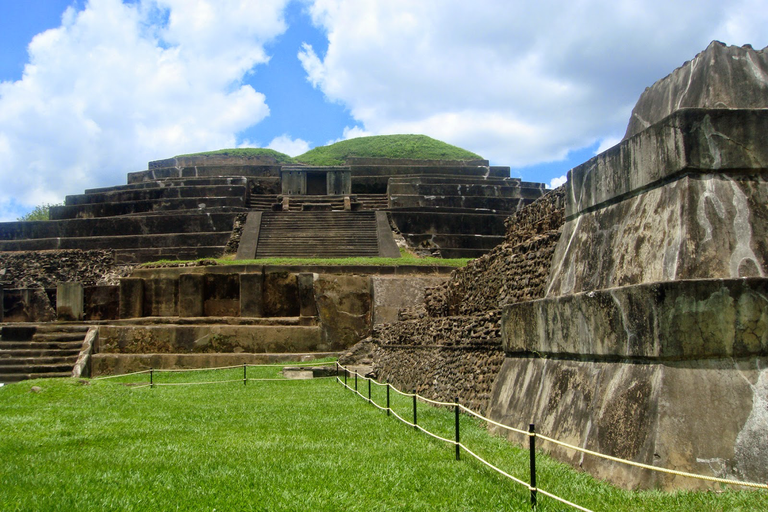
3- COATEPEQUE
Lake Coatepeque is a lake of volcanic origin located 18 kilometers south of the city of Santa Ana in El Salvador.
Coatepeque is a lake of volcanic origin and its name means in Nahuat language "Cerro de Culebras". Its mirror of water is around 24.8 km², and in its center reaches 115 meters deep.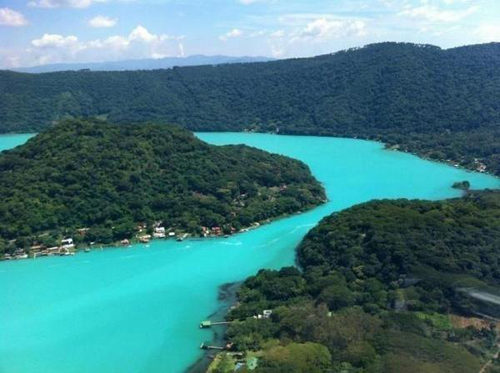
4- CATEDRAL DE SANTA ANA
The parish of Santa Ana is located in the center of the city, the central parish was built between 1575 and 1576, but it was half-destroyed by lightning in the 19th century. The feasts in honor of Our Lady of Santa Ana take place from the 17th to the 26th of July. In that time, the fun mixes with faith and the "Morena City" is dressed in color, joy, music and religious and cultural events.
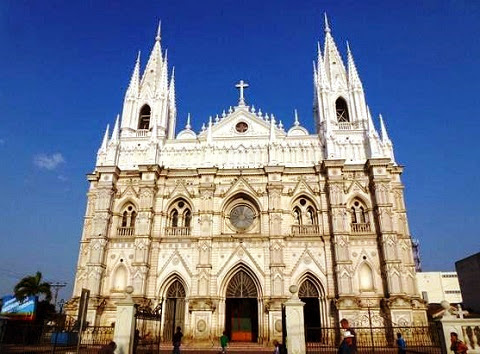
5-Lake Güija is one of the most important tourist and archaeological areas of the country of El Salvador.
It is located on the northwestern border of El Salvador and eastern Guatemala, between the Salvadoran department of Santa Ana and the Guatemalan department of Jutiapa.
